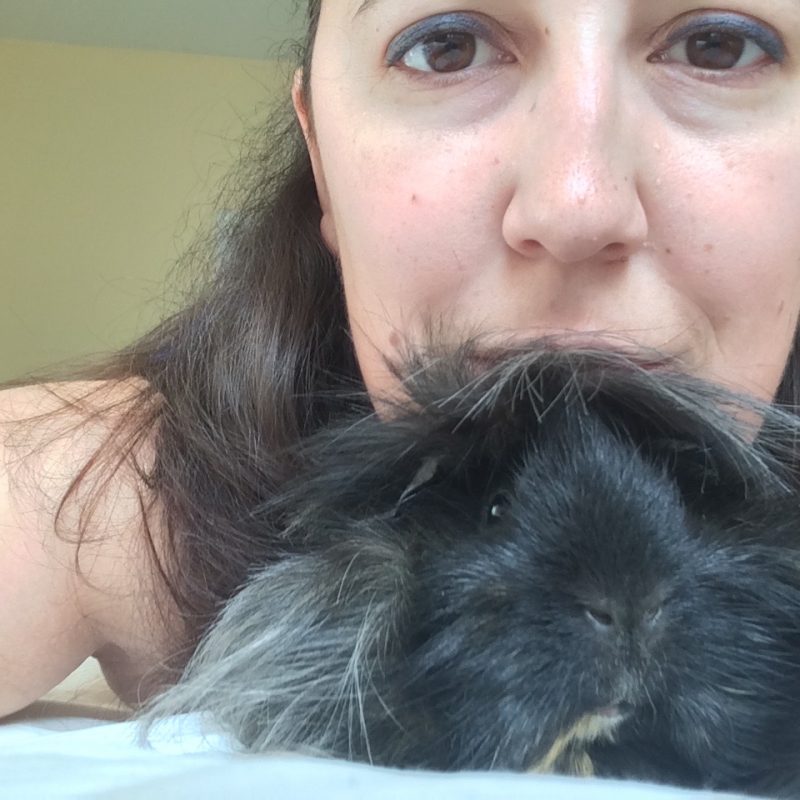My first episode of depression happened over 10 years ago. I got very, very sick, and ended up in hospital following a suicide attempt. What was already a messy situation was even more complicated because at the time I was working as a nurse on an inpatient psychiatry unit at the major hospital in the city where I live. I suppose someone in the emergency department recognized it might not be appropriate to admit me to the hospital where I worked, so instead I was shipped to a smaller hospital nearby. The local psychiatry community is fairly small and a bit incestuous, so I didn’t feel that confidentiality was something I could really count on. Perhaps I was right; a colleague later told me they believed my manager had gotten information about my treatment. This may or may not have been true, but it wouldn’t have surprised me.
I was off work for almost a year. When my doctor cleared me to go back to work, he recommended a month-long graduated return so I could ease back into things. Little did we know what a mistake that would turn out to be. I was not given a choice about disclosing my illness to my manager; my professional college had put conditions on my nursing license, and I was required to share these with my employer. There was nothing subtle about the condition that I must continue treatment with my mental health health team. These conditions were put in place not because I had at any point been putting patients at risk, but because health profession regulations in my province require hospitals to report any health professional hospitalized for mental illness. I would call that legislated stigma, but that’s a whole other story.
On my first day back at work I learned that I was going to have a shadow for the next month. At the direction of the manager, the educator for the unit followed me constantly, clinging to me like a bad smell. Everything I did was checked and rechecked. I had to meet with the manager and educator several times a week so they could tell me what they thought I was doing wrong. Colleagues kept asking when my “probation” was going to end. The stress of the graduated return to work, which in theory was supposed to make things less stressful, was overwhelming. Amazingly, though, it didn’t trigger a relapse of my depression.
At the first opportunity I moved on to another job. I was really happy with it, and when I ended up in hospital again 4 years after my first inpatient stay, everyone at work was really supportive. That support began to waver after I had a short period of partial remission and then became ill again. My supervisors were becoming increasingly concerned about the months-long decline in my mental health, so when I didn’t show up for work one Monday morning they called the police.
As they had suspected, the reason I didn’t show up for work was that I had attempted suicide. The police had told me that they’d been called by my workplace, so after a few days in hospital I called one my supervisors and disclosed what had happened. That was probably a mistake. When my doctor cleared me to return to work, my employer wouldn’t let me come back. They wouldn’t tell me why, but it was clear that I was viewed as unstable and unsafe. I found out indirectly that my manager was insisting on an “independent” medical examination by a psychiatrist of the employer’s choosing before I would be allowed to return to work. The manager later said that he didn’t trust my psychiatrist’s opinion; this same manager referred to me as “catatonic” prior to my hospitalization, demonstrating that he had no idea of what that term actually means.
One might think that the mental health field might be more understanding or forgiving when it comes to mental illness affecting one of its own, but sadly I have not found that to be the case. Instead of quietly accepting this and trying to keep my illness under wraps, I have chosen to speak up and tell my story. If stigma in the mental health professions is going to change, we need to be loud enough that we can’t be ignored.
 Ashley is a mental health nurse who shares her own experiences of mental illness through writing and public speaking in order to fight back against stigma.
Ashley is a mental health nurse who shares her own experiences of mental illness through writing and public speaking in order to fight back against stigma.








Leave A Comment